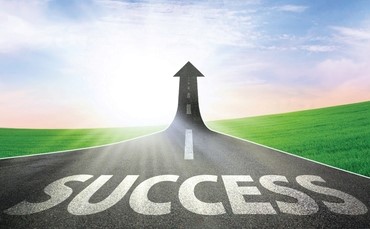Misconceptions often arise when it comes to credit scores and credit access, especially as they relate to public records. As an example, public records may not affect your ability to get a secured credit card, however public records are included on your credit report and can affect your credit score and your ability to obtain other forms of credit including a home loan, auto loan or unsecured credit card.
What is a public record?
“Public record” refers to county, state or federal materials that are typically viewable by the public. Examples of public record information that are often included on credit reports are bankruptcies, civil judgments, tax liens, foreclosures and wage garnishments. Such records can damage your credit score and remain on your report for up to seven years; however certain records can stay on your report for longer periods. For instance, bankruptcies show on your credit history for up to ten years, and an IRS lien can remain on your record permanently. For this reason, it’s important to address errors on your credit report by checking your credit report annually and to pay outstanding judgments or liens.
Who checks your score?
Whenever you apply for a mortgage or other forms of credit, an institution will check your credit report and your credit score to determine if you qualify based on their credit criteria. These institutions are concerned about factors, such as public records, which can affect your ability to repay your loan.
Serious Errors
Mistakes on your credit report that could impact your credit score are more common than you think, so it’s important to regularly check your credit report. It’s not uncommon to find serious errors in the form of tax liens that may have been paid as an example. You can obtain a free copy of your report each year from the 3 major credit agencies by visiting www.annualcreditreport.com. If you find a mistake on your credit report, contact the credit reporting agency to highlight the problem, including the creditor responsible for the error.
Settling Debts
Ultimately, the only way to improve your credit score is to improve your credit record. This means paying debts of any kind. So when you pay off any balances, including outstanding bills, loans, money owed from a judgment, or tax obligations, this is an important step towards rebuilding your credit. It’s also important to maintain payments on current bills because one missed payment can lower your score.
Secured Credit Cards
In addition to making payments on time, getting a secured credit card is a great way to improve your credit score. Secured credit cards are the best credit cards for bad credit. An unsecured card can be difficult with a bad credit score, but the secured option is an ideal credit card for bad credit because it typically has lower credit standards and the credit limit is based on the money you deposit into the account. For example, a $500 deposit means you’ll be given a $500 credit limit. Secured credit cards can help you improve your credit score over time because they report to the 3 major credit bureaus, eventually giving you access to unsecured credit cards in the future. The amount of money or collateral needed to open an account depends on the bank and the type of secured card being offered. For the UNITY Visa Card, the amount can range from $300 to $10,000.


















